Sweden has been named the country with the best reputation in the world for the second year in a row. That’s what Forbes writes.

It is the Reputation Institute that carries out the report of countries in the world with the best reputation. The study is called Country RepTrak and is based on interviews conducted in March and April with 58,000 people from the G8 countries: France, Italy, Japan, Canada, Russia, the UK, Germany and the USA.
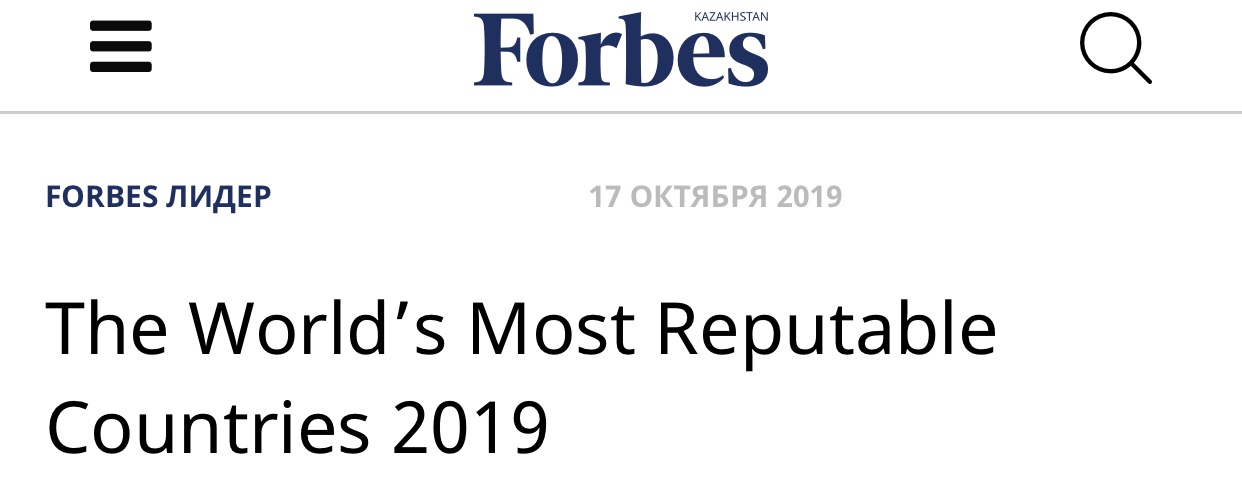
Sweden is followed by Switzerland, Norway and Finland on the list.
Factors such as ethics and low corruption affect a country’s reputation. The study shows that Sweden is particularly distinguished when it comes to efficient state conditions, good living conditions and economic stability. In addition, the Swedes are perceived as nice and welcoming and Sweden is considered a safe country to live in. “It is no wonder that Sweden is ranked number 1, because the country has done an incredible job of telling itself about it,” says Stephen Hahn- Griffiths at the Reputation Institute.
“That Sweden is regarded as the country in the world with the best reputation is of course a tremendous asset,” says Madeleine Sjöstedt, Director General of the Swedish Institute. “The more positive associations others have of Sweden, the better conditions for trade, international cooperation, investment, and attraction of international students and tourism. This, in turn, is a prerequisite for Sweden to remain competitive in the future.”
Here are the top 10 countries with the best reputation in the world:
1. Sweden
2. Switzerland
3. Norway
4. Finland
5. New Zealand
6. Canada
7. Denmark
8. Australia
9. The Netherlands
10. Ireland
Source: Forbes
Brexit is on the way. PM Boris Johnson’s Brexit deal one step closer as it clears House of Commons hurdle with a majority of 99 votes. A historic day.
It is 1294 days since the Brexit referendum took place. Today Brexit moved forward. Now it is for real.
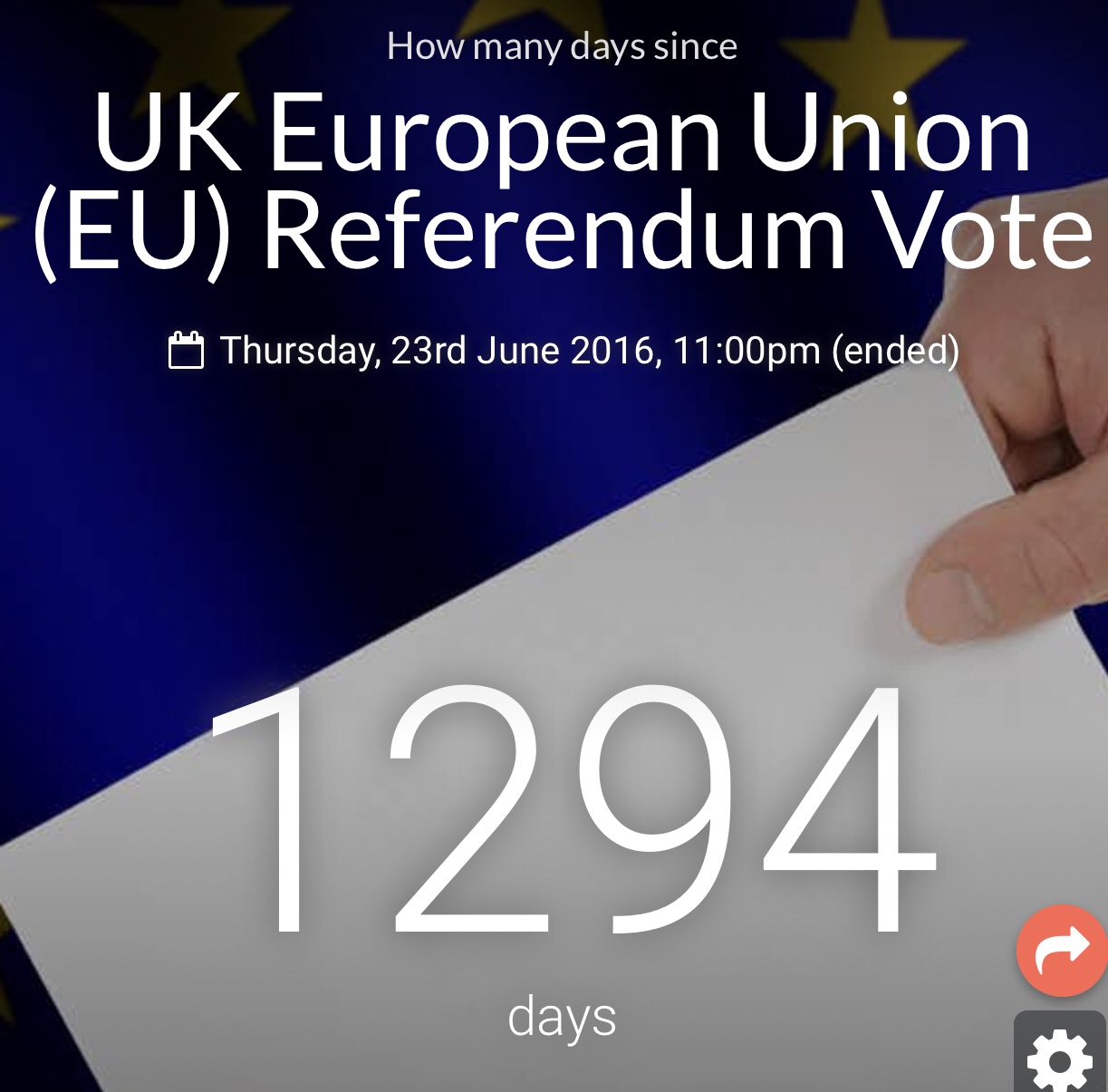
The Commons voted 330 to 231 in favour of the Withdrawal Agreement Bill and it will now pass to the House of Lords for further scrutiny next week.
If peers choose to amend it will it come back before MPs.
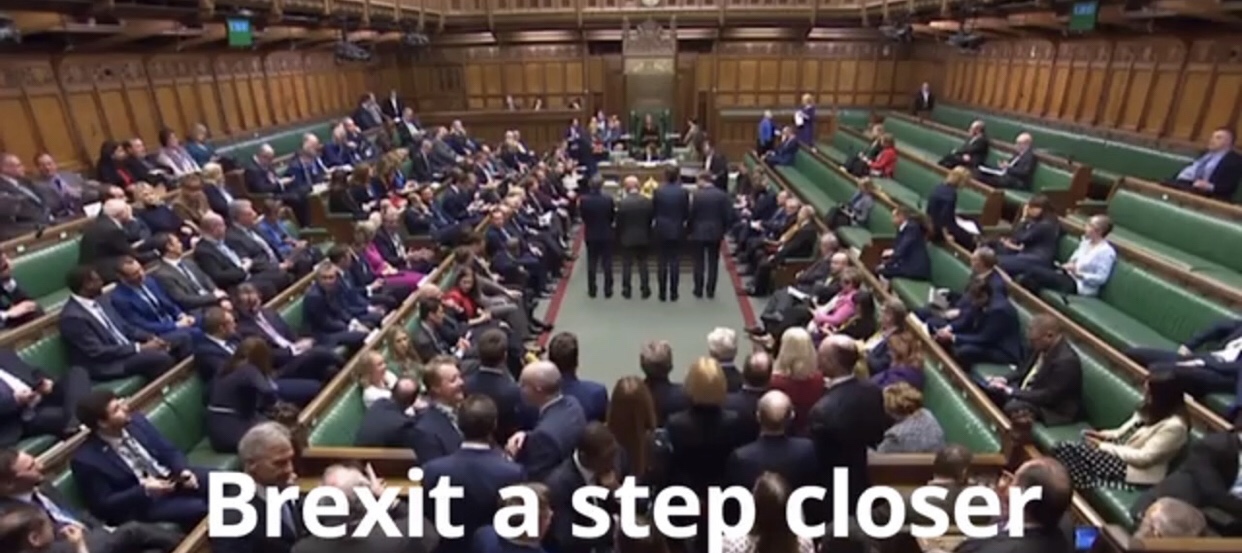
The bill covers “divorce” payments to the EU, citizens’ rights, customs arrangements for Northern Ireland and the planned 11-month transition period.
The UK is due to leave the EU on 31 January.
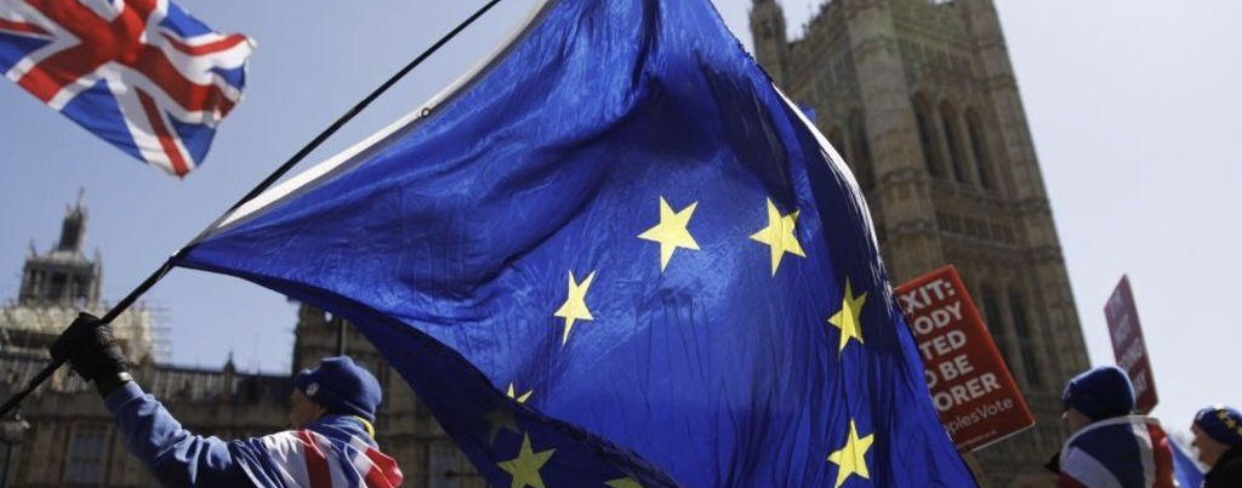
The bill comfortably cleared its third reading in the House of Commons, as expected, with a majority of 99. All 330 votes in favour were Conservative.
It took just three days for the bill to pass the remaining stages in the Commons, after MPs gave their initial approval to the legislation before the Christmas recess.
The latest vote gives approval to the 11-month transition period after 31 January, in which the UK will cease to be an EU member but will continue to follow its rules and contribute to its budget.
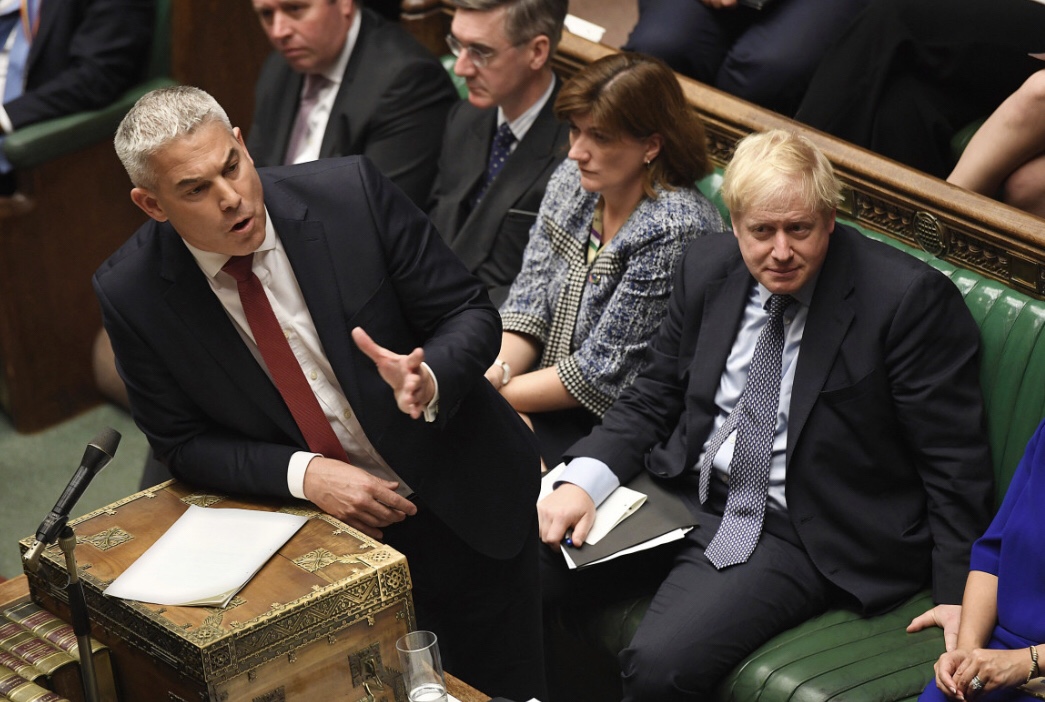
The purpose of the transition period is to give time for the UK and EU to negotiate their future relationship, including a trade deal.
Brexit Secretary Steve Barclay has said the bill will deliver on the “overwhelming mandate” his party was given at the general election to take the UK out of the EU on 31 January.
He has also said he is “confident” the UK will be able to negotiate a trade deal with the EU by the end of the year, despite critics saying that the deadline is too tight.
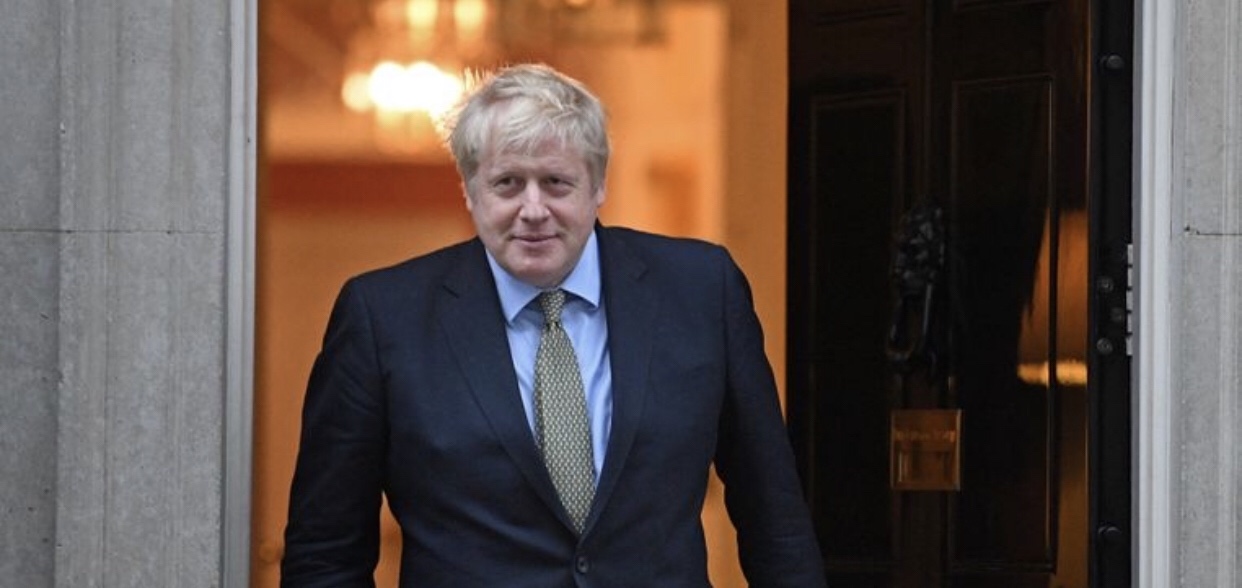
PM Johnson has also insisted a deal is possible by December 2020 and has said the transition period will not be extended.
He has said the UK is ready to start negotiations “as soon as possible” after 31 January.
Sources: BBC, SkyNews
UK PM Boris Johnson’s Brexit legislation is poised to clear its House of Commons hurdles today after months of knife-edge votes and parliamentary turmoil.
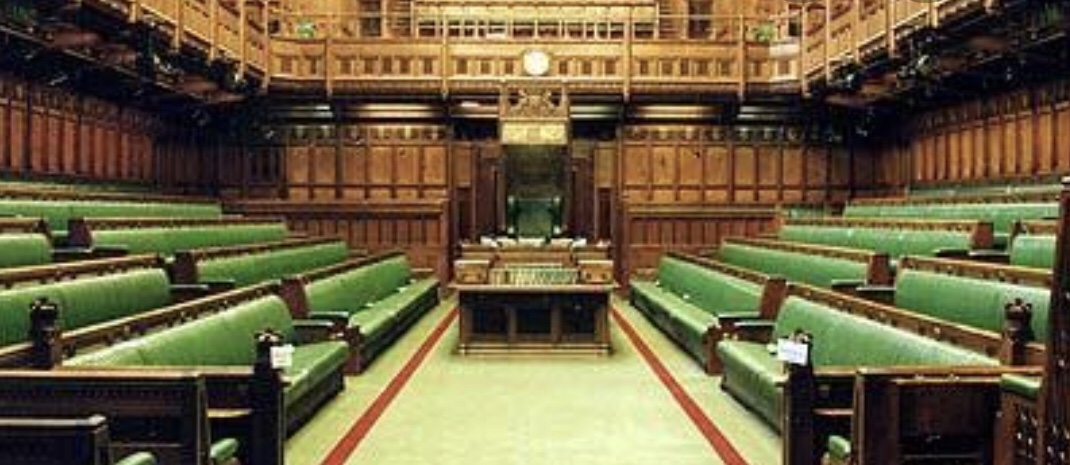
Armed with an 80-strong majority, Mr Johnson decided to fast-track the Withdrawal Agreement Bill (WAB) through its remaining stages in the Commons in just three days, where it has faced little substantial opposition.
The bill also enshrines in law the prime minister’s pledge against extending the transition period beyond December 2020. This new deadline increases the risk of a no-deal Brexit, as it leaves the prime minister only 11 months to negotiate a trade deal with Brussels.
Source: TheTelegraph






You must be logged in to post a comment.